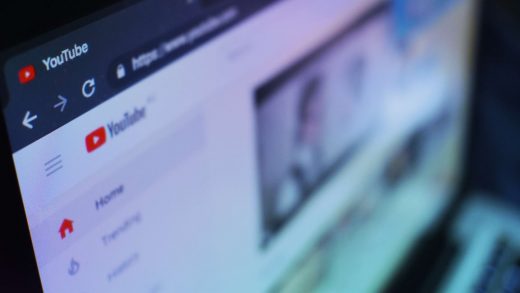YouTube tears down its paywall for its original programming
YouTube just can’t figure out how to get people to pay for their content.
Back in 2016, YouTube launched YouTube Red, a $10-per-month service that was meant to be something of a hybrid between Netflix and Spotify, with users having access to exclusive TV shows and movies not available on the regular platform, as well as ad-free music. Then YouTube revamped its music service in 2018, offered it separately for $10 a month, and rebranded Red as YouTube Premium, with an extra $2 tacked on for good measure.
Just eight months after YouTube Premium launched, the company reversed course and confirmed last November that it would be taking down the paywall for its original programming. Fact is, the primary value for Premium was an ad-free YouTube experience.
If there were any doubts around YouTube’s decision, the company formally announced that at the Digital NewFronts on Thursday evening.
“For today’s viewers, primetime is personal and our content resonates so strongly due to the diversity and richness of our unmatched library and platform capabilities,” said YouTube’s chief business officer Robert Kyncl in a statement. “While every other media company is building a paywall, we are headed in the opposite direction and now have more opportunities than ever to partner with advertisers and share our critically acclaimed originals with our global audience.”
It’s slightly ironic timing given the fact that shows like Cobra Kai were finally getting enough buzz to make people start looking at YouTube Premium as a potential contender among Netflix, Hulu, and Amazon. The show earned an Emmy nomination and a 100% fresh score on Rotten Tomatoes. It was YouTube’s foot in the door toward more original, narrative programming that people would actually pay for, but now it’s dropping that paywall to let more ad dollars and views flow in.
While YouTube’s move may be a retrenchment from the streaming video subscription wars, it reinforces YouTube’s primacy in the also-booming category of advertising-supported video-on-demand services, where it is far and away the leader among the likes of Hulu, PlutoTV, Philo, and Amazon’s IMDb Freedive, among others.
On the topic of original programming, YouTube announced its new and returning slate, including season 3 of Cobra Kai, season 3 of Kevin Hart’s What the Fit, an untitled Justin Bieber project, and season 2 of YouTuber Liza Koshy’s show Liza on Demand. YouTube also announced that after a record-setting Coachella (aka Beychella), it’s expanding its live music festival coverage to include Lollapalooza.
There was no word on whether or not YouTube Music will be affected in any way by the change to the YouTube Premium offering.
(41)



